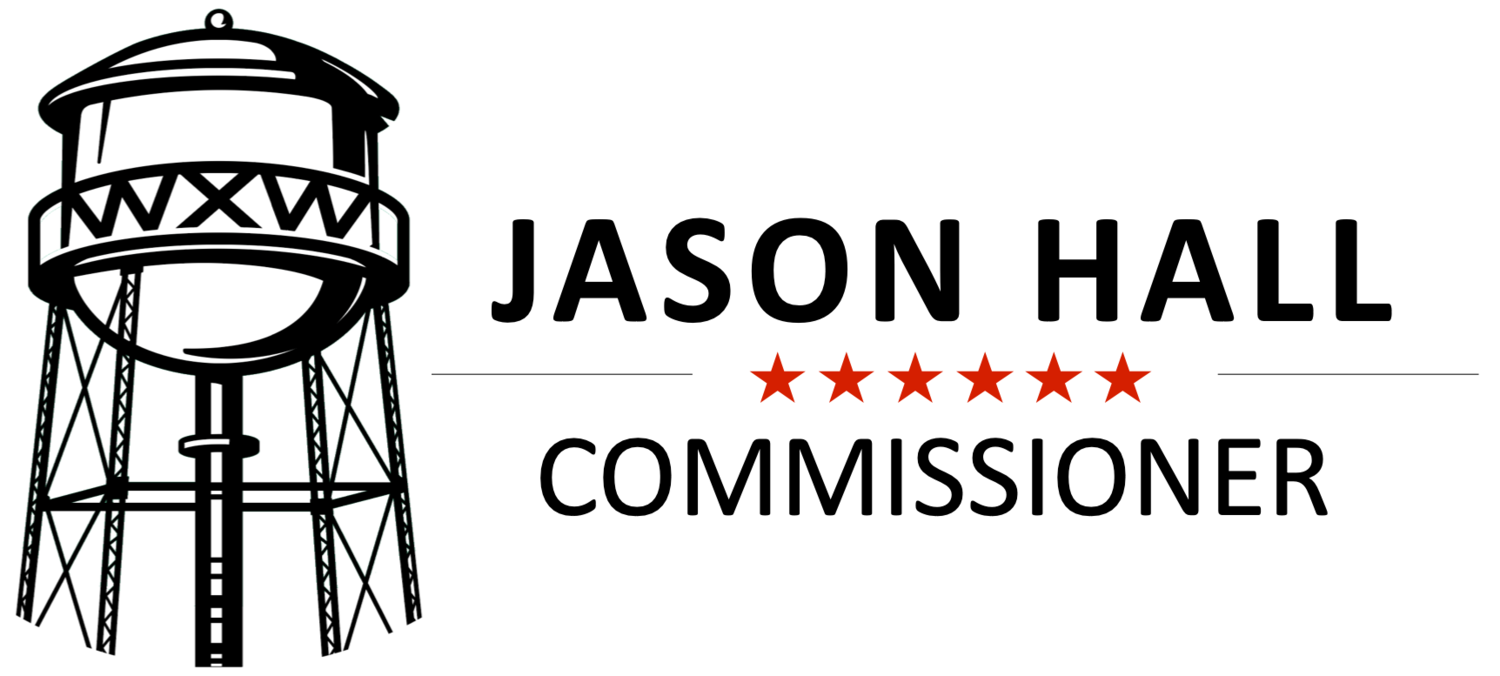The Negative Implications of Public Arguments at Meetings
Recently, I was asked, “Why doesn’t anyone on the Waxhaw board ever argue publicly at meetings.” While previous Waxhaw boards have had lively conversations that made for great television, I believe that as stewards of the public trust, we must act fairly and unbiasedly.
With every project or idea presented to the current five voting board members, you can be assured there will be five different opinions and perspectives. Feedback to the town staff from the board comes from interactions with a diverse groups of citizens. Considering views across the entire community is a crucial differentiator between municipal politics and more partisan politics that begin at a County level. From a local perspective, we must take into consideration these diverse opinions. For example, one group of citizens might want to enact exclusionary zoning that walls out youth and seniors. In contrast, another group might wish for housing that is affordable for children who are returning home from college or grandparents who are aging in place.
This diversity in opinions often make finding a consensus challenging and so what is originally presented to the board is often not representative of the final product. Internally, projects and ideas are often sent back through the process as a result of feedback from our board.
A municipal that constantly argues in public based on partisan ideologies can have several negative implications for a town, the board itself, and citizens. Here are a few examples of why public arguments offer no value:
Undermines Trust and Credibility: Public disputes can erode the trust that stakeholders, employees, and the general public have in the board’s ability to make sound decisions. This can affect Waxhaw’s reputation and credibility.
Distraction from Core Objectives: Public disagreements can divert the board’s attention from its primary objectives and Waxhaw’s mission, leading to inefficiencies and reduced effectiveness.
Creates Divisions: This is a big one. Public arguments can intensify divisions among board members, making it more challenging to reach consensus on future decisions. This can lead to further gridlock and inefficiency. We must think Bridges Not Walls.
Decreased Morale: Witnessing board disagreements can demoralize employees, volunteers, and other stakeholders. It can lead to uncertainty about Waxhaw’s direction and decreased confidence in leadership.
Potential Breach of Fiduciary Duties: Board members have fiduciary responsibilities to act in the best interests of the town. Public disputes can sometimes be more about personal egos or agendas rather than Waxhaw’s best interests.
Impedes Decision-making: Ongoing public conflicts can make it difficult for the town to make timely and effective decisions, as members may become entrenched in their positions.
Public Perception: Stakeholders and the general public might perceive a board that publicly argues as dysfunctional. This perception can affect fundraising efforts, partnerships, and other critical aspects of the Waxhaw’s operations.
Discourages Potential Board Members: This is incredibly important because we’re seeing this in Waxhaw today. Talented citizens might be hesitant to join a board known for public infighting, depriving the organization of valuable expertise and leadership.
While healthy debate and diverse perspectives are essential for robust decision-making, it’s generally preferable for disagreements to be handled privately and professionally, ensuring the board presents a united front in public settings.
Often at Waxhaw board meetings, citizens will hear that, “our current board has never worked so efficiently together on behalf of the town.” Citizens will also see town employees receiving awards for achieving 5, 10 and 20 years of service. That only happens with a positive and rewarding work environment.
People who want to see the town argue publicly at meetings are working against principles that create a healthy town. At a local level, we need to continue our efforts together in rooting out the building of partisan walls that only seek to divide our community.
#BridgesNotWalls


